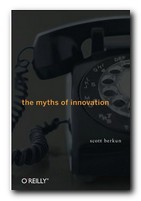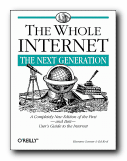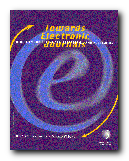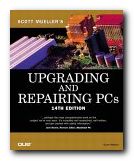new developments in technology, science, and business
This is a book which seeks to de-bunk the myths of invention. Most of us are brought up to believe that Isaac Newton discovered gravity when an apple fell on his head, and that Archimedes had a ‘Eureka!’ moment in his bath. Scott Berkun points out that neither of these two myths is true, and that almost all technical innovations come about as a result of years and years of research, failed attempts, and lots of hard work. He also points out that history is not only written by the victors, but that it commonly misses out the failures, wastes, and losses that go to make up a success. His telling example here is Rome, whose architectural glories are actually built on the ruins of a city that was previously burned to the ground.
 Once these myths are out of the way, he looks at how innovations do come about, and wonders if there is any way of planning for them or creating systems that will encourage them. No matter how much we might wish there were, his answer is ‘It can’t be done’ in both cases.
Once these myths are out of the way, he looks at how innovations do come about, and wonders if there is any way of planning for them or creating systems that will encourage them. No matter how much we might wish there were, his answer is ‘It can’t be done’ in both cases.
In fact the more he looks at real-life examples, the more it becomes apparent that perfectly good innovations can fail for lack of appreciation, audience, funding, and a host of other reasons. When he looks closely at the provenance of success stories it’s obvious that they must
- not be too far ahead of their time
- fit within existing sets of beliefs
- be simple to adopt
- meet an existing need
As he puts it in one of his many amusing examples, if free mobile phones had mysteriously appeared in 9th century England, they would have been burned as witches’ eggs.
The World Wide Web, the medium through which we all live and breathe, was invented by Tim Berners-Lee because he couldn’t remember where his colleagues’ research papers were located. So he devised a simple coding system (HTML) which allowed documents to be tagged. A Eureka moment? No – because look what was already in place, on which this system ran.
First there had been the invention of the computer roughly fifty years before – at Manchester University, where Alan Turing and Ludwig Wittgenstein were both members of staff. There had already been established a world-wide network of computer connections (ARPANET). Packet-switching (the unsung gem of communication technology) had recently been invented. And the personal computer with its attendant gizmos of mouse, screen, and keyboard had been developed. You get the point: the Web and HTML was an amazing development which has changed all our lives – (and I still don’t know why Berners-Lee hasn’t been given a Nobel Prize, if Winston Churchill can have one for literature). But the Web was built on lots of other inventions, and it came at the right time.
The book dips slightly in the middle when he looks at the (largely negative) effect managers have on innovations and efficiency, but true to the theories he is propounding, he pulls some positive lessons out of the exploration.
Then towards the end of the book he looks at the social and political results of major innovations. Unsurprisingly, these turn out to be wholly ambiguous. Motor cars liberate people to travel wherever they wish, but they also pollute the atmosphere and kill people in their hundreds of thousands every year. DDT helped to control typhus and malaria, but it got into the lower species’ food chain and caused havoc. Einstein’s theories revolutionised cosmology, but also led to the development of the atomic bomb.
This summary makes it all sound rather negative. But his overall message is not so. He merely wants us to realise that the world is a messier place than we often realise; that we shouldn’t accept the over-simplified stories we are fed – even about successful inventions; and that what we regard as somebody’s ‘breakthrough moment’ might to them be the end of a lifetime’s slog.
It’s also a very readable book – the first I have ever come across in which the technical colophon was the funniest part.
© Roy Johnson 2007
Scott Berkun, The Myths of Innovation, Sebastopol (CA): O’Reilly, 2007, pp.178, ISBN: 0596527055
More on computers
More on technology
More on digital media








